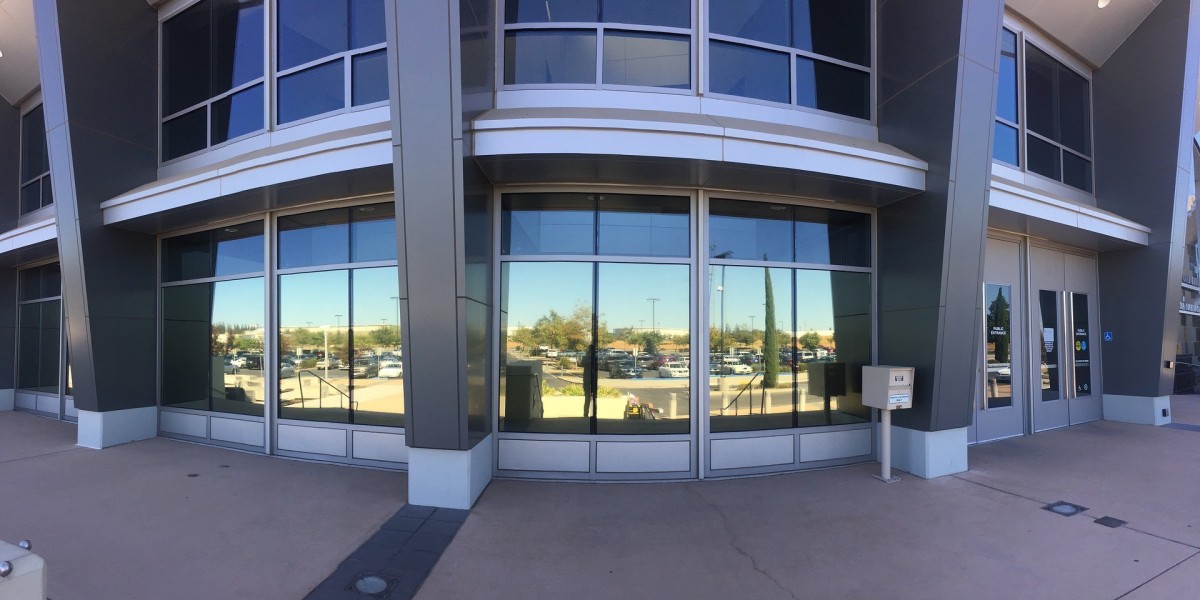Window tinting is not just for cars anymore. More and more homeowners are discovering the benefits of residential window tinting. Whether you're looking to improve your home’s energy efficiency, add privacy, or enhance aesthetic appeal, window tinting can be a game-changer. In this article, we'll explore the ins and outs of residential window tinting and help you understand why it might be the perfect solution for your home.
What is Residential Window Tinting?
Residential window tinting involves applying a thin film to your home's windows. This film can block or reduce sunlight and heat, providing numerous benefits. It's a subtle yet powerful way to enhance your living space while making your home more energy-efficient and comfortable.
The Benefits of Residential Window Tinting
Why should you consider residential window tinting? It’s not just about keeping your home cool in the summer. The benefits of window tinting are wide-ranging:
- Energy savings: Tinted windows reduce heat in the summer, meaning your air conditioner doesn’t have to work as hard, saving you money on energy bills.
- Enhanced privacy: Tinted windows let you enjoy natural light while maintaining privacy.
- UV protection: The film can block up to 99% of harmful UV rays, which helps protect your skin, furniture, and flooring from fading.
- Aesthetic appeal: With various tint options available, you can choose a style that complements your home’s exterior.
How Does Window Tinting Improve Energy Efficiency?
Imagine your home as a car left in the sun on a hot day. Without protection, the interior becomes unbearably hot. Residential window tinting works like sunglasses for your home, blocking out the harshest rays and reducing the heat entering through your windows. This keeps your home cooler and reduces the strain on your cooling system.
Tinted windows can significantly reduce the energy your air conditioner uses, potentially lowering your energy bills by up to 30%.
Increased Privacy Without Compromising on Style
We all enjoy natural light in our homes, but sometimes too much exposure can leave us feeling like we're living in a fishbowl. Window tinting offers the perfect balance of light control and privacy. From the outside, tinted windows can obscure the view, but from the inside, you still enjoy plenty of daylight. It’s a stylish solution that doesn’t require heavy curtains or blinds.
How Window Tinting Protects Your Furniture and Floors?
UV rays from the sun can cause considerable damage to your home's interior over time. Faded upholstery, discolored wood flooring, and sun-bleached photographs are common issues in sun-drenched spaces. Tinted windows act as a protective barrier, blocking the harmful rays that can wreak havoc on your interior.
By preventing UV exposure, window tinting helps you preserve the beauty and lifespan of your furniture, floors, and artwork.
Different Types of Window Tints for Homes
There are several types of window films available, each offering different benefits:
- Solar window film: Reduces heat and glare while blocking UV rays.
- Privacy window film: Offers increased privacy without sacrificing light.
- Decorative window film: Adds style and can be used to create frosted or patterned designs.
- Security window film: Strengthens windows, making them more difficult to break.
Your choice will depend on your priorities—whether that’s reducing energy costs, improving privacy, or adding a decorative touch.
Is Window Tinting Worth the Investment?
You may wonder if residential window tinting is a worthy investment. The answer depends on your specific needs. While the upfront cost of professional tinting can range from $5 to $15 per square foot, the long-term savings on energy bills and the protection it offers to your interior belongings can outweigh the initial costs. If you live in a region with intense sunlight, the return on investment can be significant.
The Installation Process What to Expect?
When you hire a professional to install window tints, they’ll begin by cleaning the windows thoroughly. Then, they'll measure and cut the film to fit your windows precisely. Afterward, the film is applied, smoothed out, and trimmed to perfection. The entire process can take a few hours, depending on how many windows you have.
How Long Does Window Tinting Last?
High-quality window tinting can last anywhere from 10 to 20 years, depending on the film type and how well it's maintained. Regular cleaning with a mild soap and water solution can help extend the film's lifespan.
Can You Tint Windows Yourself?
While DIY window tinting kits are available, the process can be tricky. Achieving a professional finish without bubbles or creases requires skill and precision. For the best results, it’s recommended to hire a professional, especially if you’re covering large or numerous windows.
What to Consider Before Choosing a Tint?
When selecting a tint from the right platform like thetintteamconsider the following:
- Local regulations: Some areas have restrictions on how dark residential windows can be tinted.
- Your priorities: Do you want more privacy, energy efficiency, or aesthetic improvement?
- Professional installation vs. DIY: Weigh the cost and complexity of the job before deciding.
Final Thoughts
Residential window tinting is an effective way to improve your home’s comfort, energy efficiency, and aesthetics. It offers a range of benefits, from reducing energy costs to protecting your furniture from sun damage. While it requires an initial investment, the long-term benefits can make it a smart choice for many homeowners. Consider your needs and consult a professional to get the best results.



